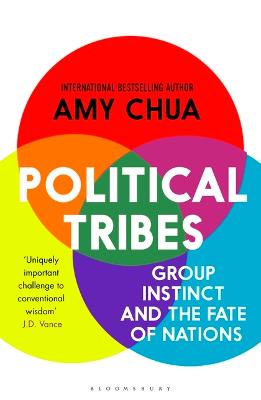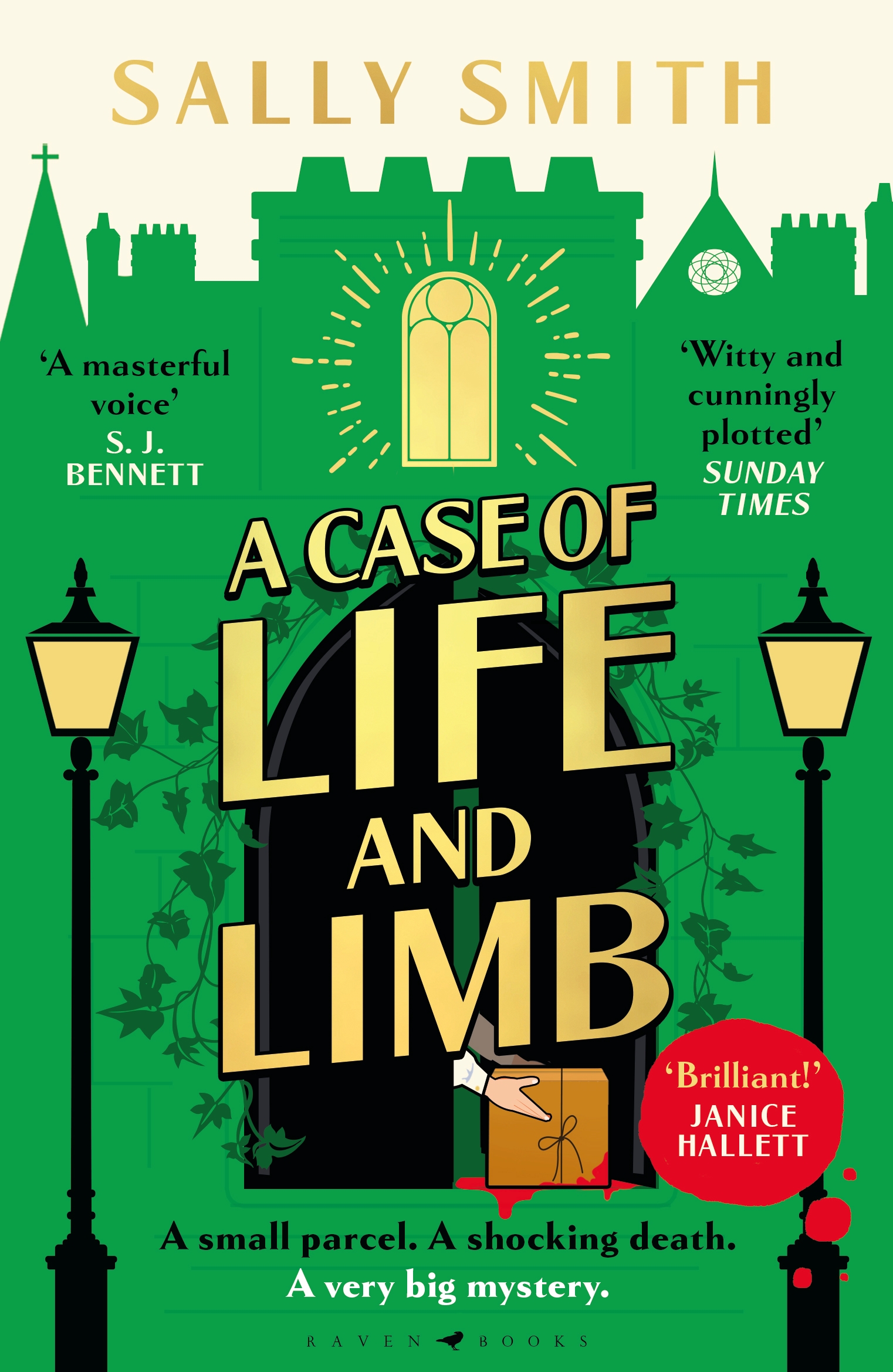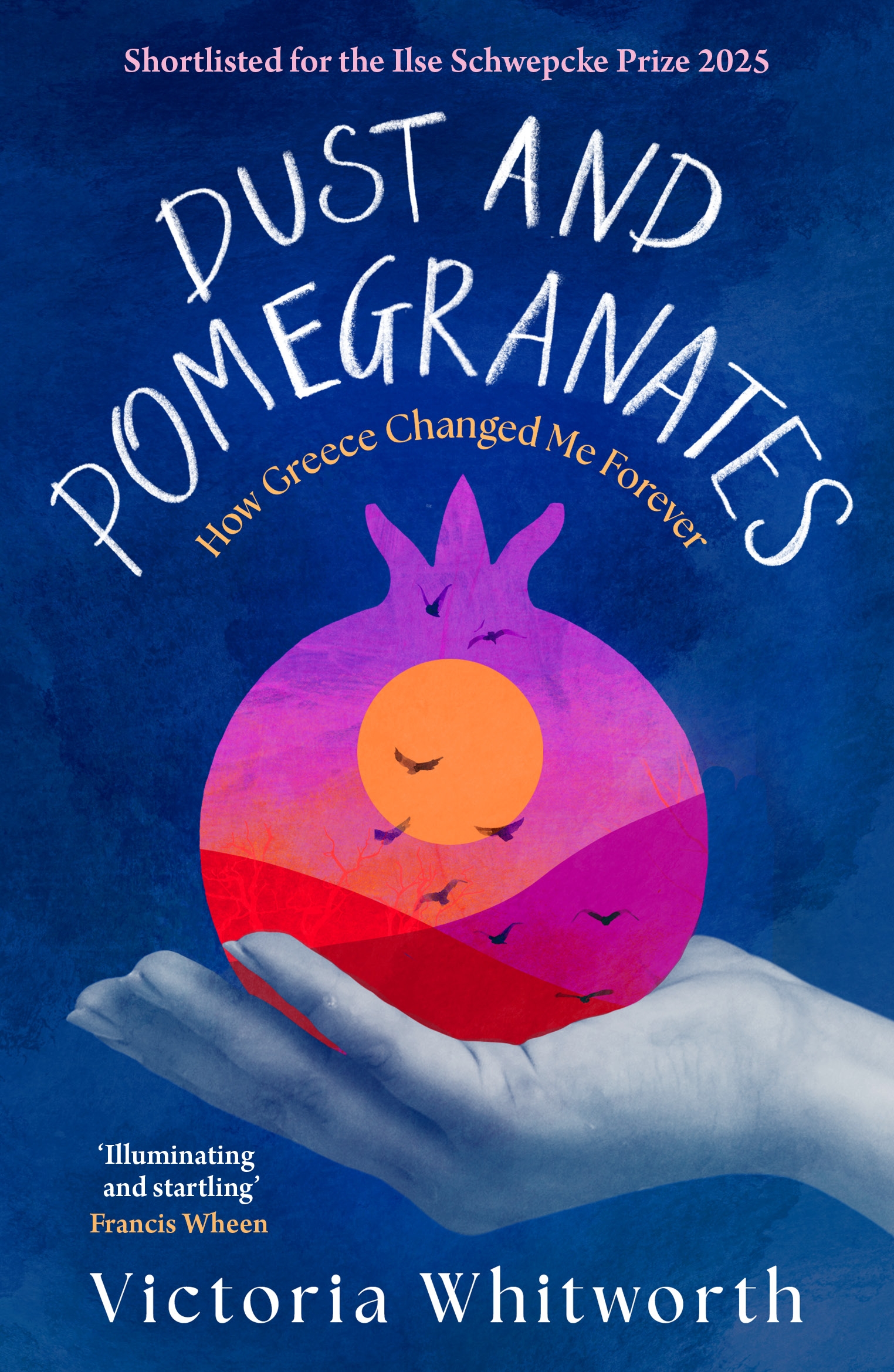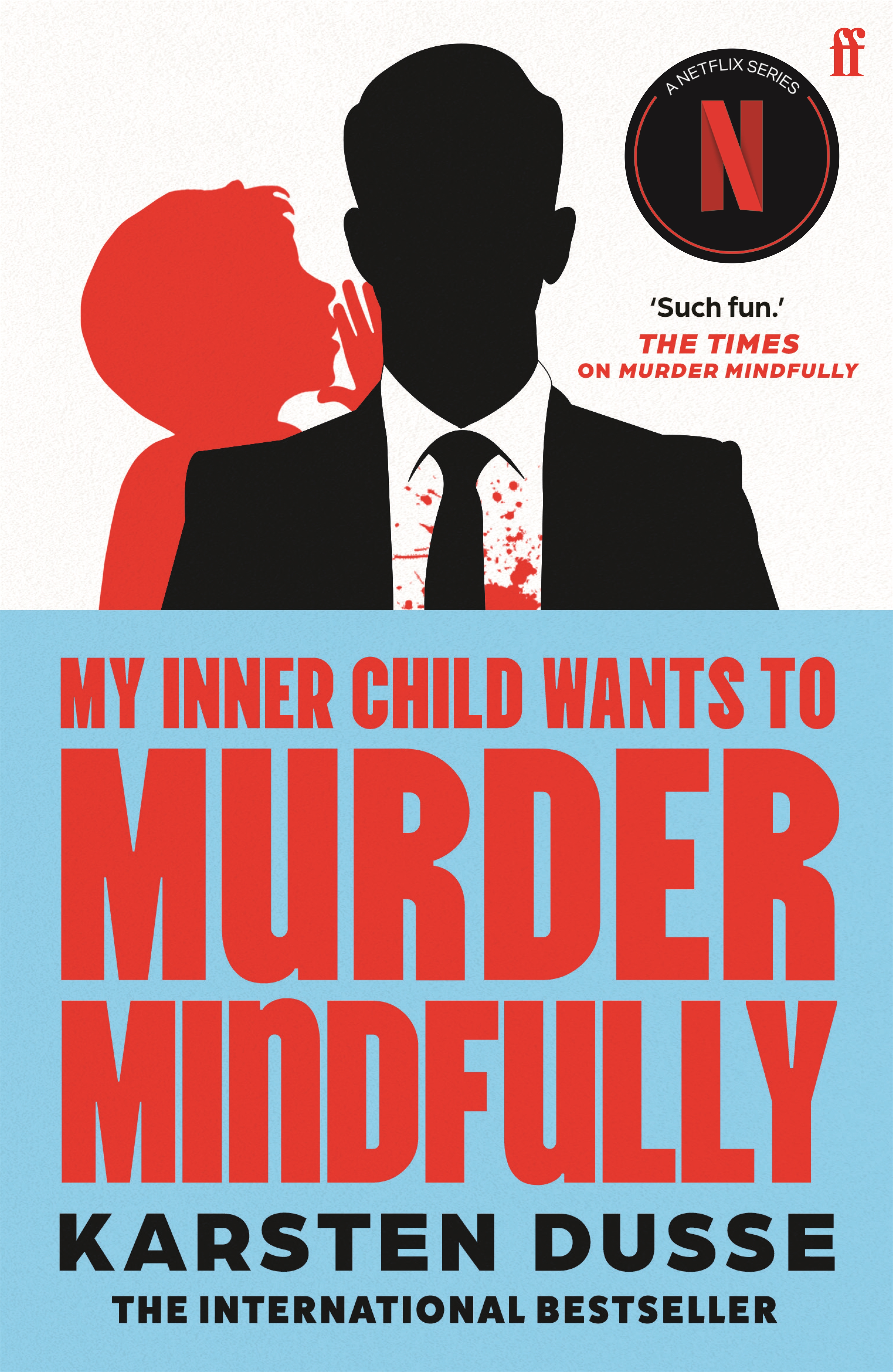Political Tribes

As seen:
Reviews
though provoking. drives home its central theme effectively, if repetitively. re USA, sub-section 'whitelash' particularly interesting on poor white Americans' disaffection. also the inherent divisiveness of identity politics struck a chord. overall, an interesting & relevant book.
I would recommend this book to others.
The premise of this book is that “tribal” instincts define much of the political climate in the world today. The author contends that a sense of belonging is a powerful primal need which has given rise to a culture of identity politics in which group membership defines us by our differences from each other. This leads to a culture of exclusion and, eventually, extremism. The first half of the book looks at modern historical warfare, specifically from the point of view of the role played by the US Military. There are chapters devoted to Iraq, Afghanistan, Vietnam and others, in which the author argues that on each occasion the US assumed that freedom from oppression, occupation or humanitarian atrocities was what the people wanted and they went in like a bull in a china shop to achieve this. Clearly they got it very wrong, over and over again and the reason for this is tribal politics. The book then goes on to analyse the divisive state of American politics today in the light of tribal allegiances.
On the surface I am not the ideal person to read this book as I know very little about politics, current affairs or modern history. However, I found it extremely readable and absolutely fascinating. It is a tribute to the author that she wrote a book which is accessible and comprehensible to somebody like me. Whilst I am in no position to judge whether she is correct in her assessments and evaluations of the situations which she analyses, she presents her ideas in a very convincing way, using reasoned well-thought out arguments which are logical, cohesive and powerful. In particular I found the first few chapters, which concentrated on specific instances in which tribal influence was one of the main factors, full of insights which made perfect sense to me. Apart from the content itself, one other excellent side-effect of the book was that I had to concentrate quite hard while reading it in order to get the most out of it. Whilst I concede that this was largely because of my ignorance in these matters, at my age anything which gets my brain working has got to be good news.
There is only one minor negative point about the book and it is not important enough to reduce its 5-star rating. The last few chapters which focused on the current state of American politics and the influences which have brought it to this point were slightly more muddled than the earlier parts of the book and somehow more subjective. As a result I found them less convincing.
I am very glad that I have read this book. It was interesting, well-written, well-argued and very compelling. I learnt a lot from it and would thoroughly recommend it to anyone, not just those of you who are particularly interested in politics.
Chamwells Chums Book Club Gloucester
Unfortunately, Political Tribes by Amy “Tiger Mother” Chua is something of a disappointment.
I had high expectations - identity politics is such a topical subject at the moment, following the shocks of Brexit and Trump and the author is held in high regard. However, Chua’s arguments are so US-centric as to be of questionable relevance and probably little interest to British and other European readers.
Chua’s argument is that societies’ ills are increasingly the result of a failure by policy-makers to recognise that they have become largely comprised of sub-groups which define themselves by a shared dislike, or even hatred, of other sub-groups and frequently one particular sub-group: that perennial, the “other”.
Whilst this hypothesis may seem to resonate, and I think it is clear that in the US, here in Britain and possibly in other parts of Europe, societies have been divided by polarizing, “with us or against us”, politics, where things go wrong is when Chua seeks to mount an evidence-based argument to support it. Instead of investigating the exploitation of disadvantaged and fearful sections of society by populist, rabble-rousing politicians, what she does is draw on the examples, admittedly compellingly explained, of flawed US foreign policy in its major post-war foreign interventions, namely in Vietnam, Afghanistan and Iraq; resulting from ignorance of the role of ethnic and tribal loyalties in those countries. The corresponding sub-groups in those societies were already divided and at each other’s throats before the US interventions. There is no obvious correlation between those scenarios and the role of identity in US, British or other European domestic politics. Chua points to psychological research on social identities (including fMRI studies showing that thinking about identity activates various areas of the brain), although the significance of this is not convincingly explained and these sections are very weak.
At the end of the day, Chua has few positive conclusions, other than the hope that face-to-face contact between “tribes” will reduce animosity. Well, I didn’t need a book to tell me that and, sadly, I would prefer to have put my reading time to better use.






